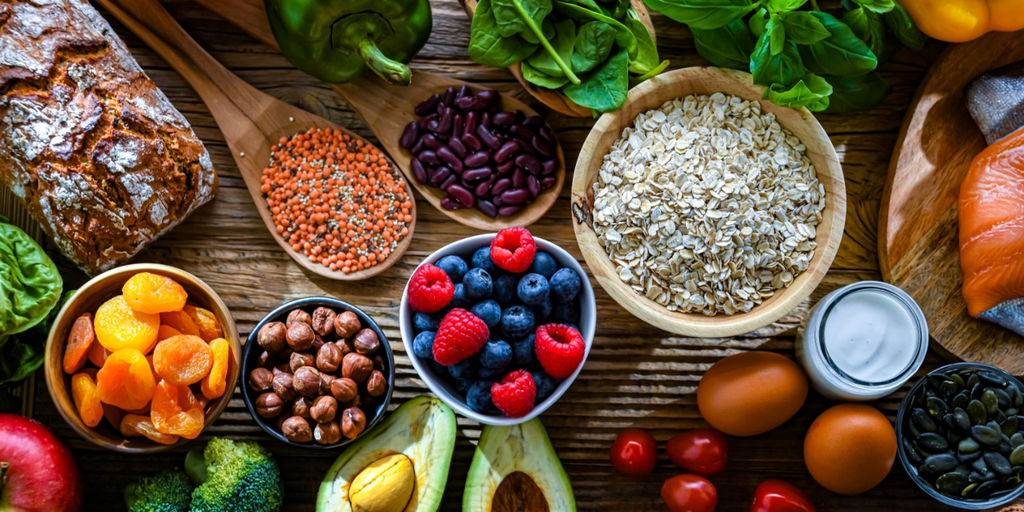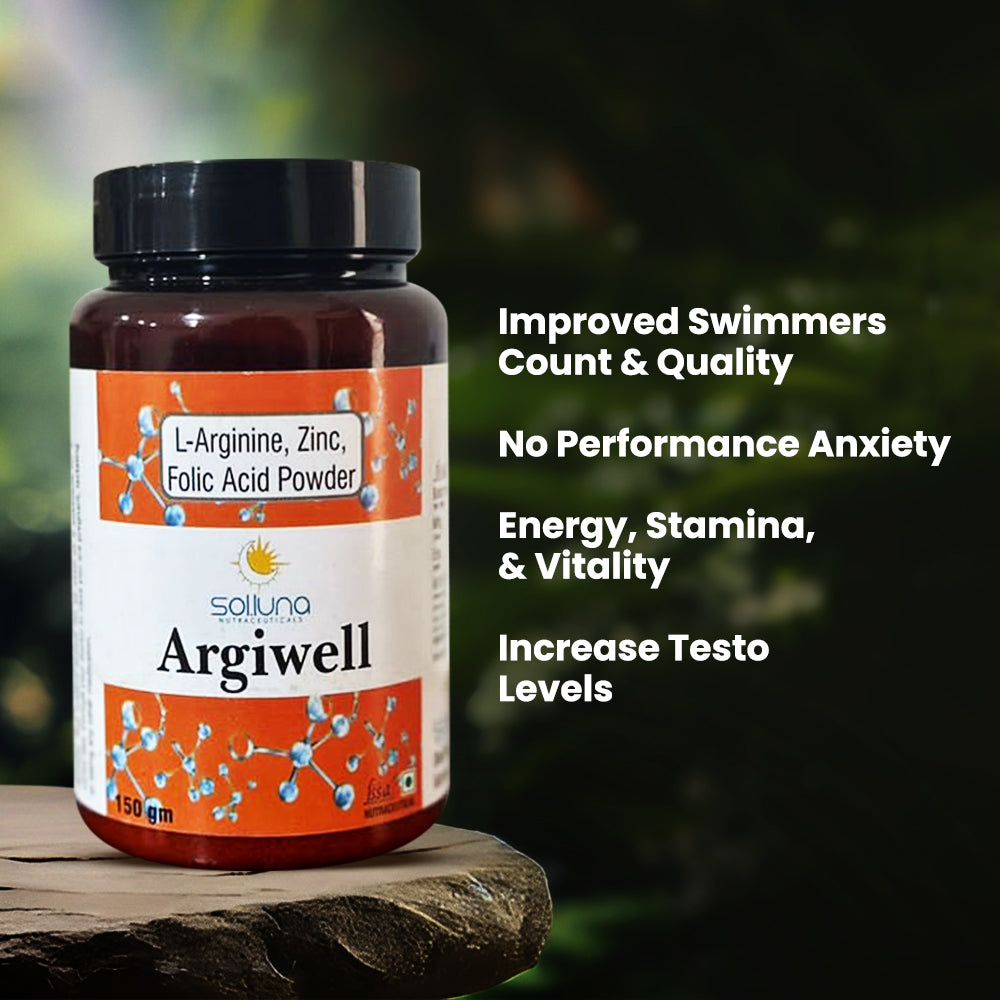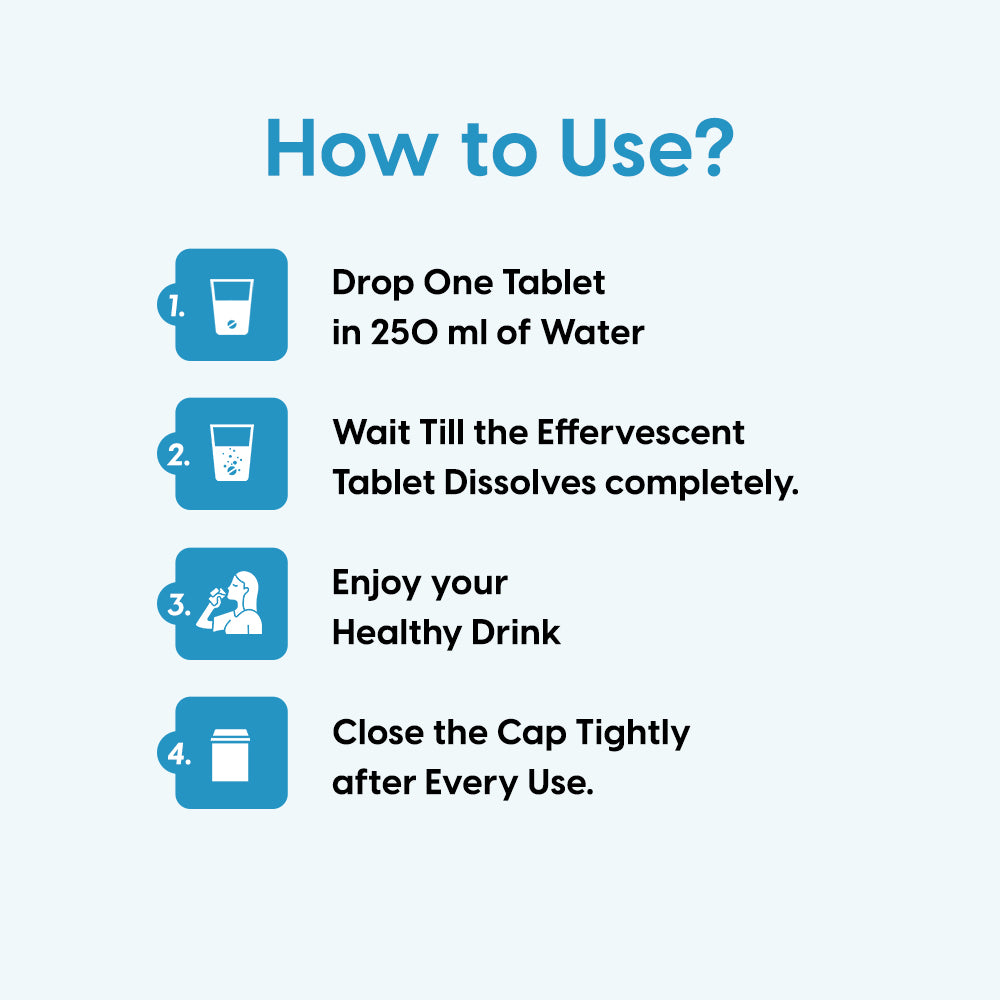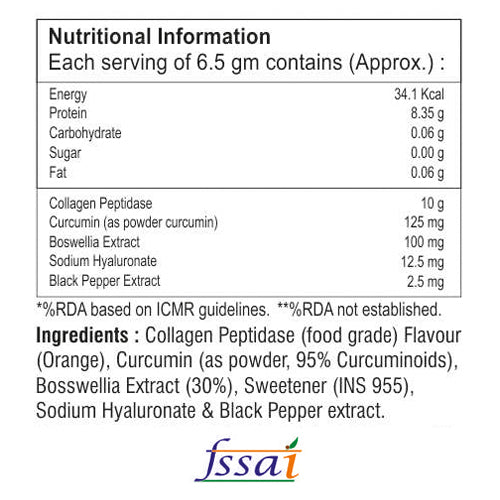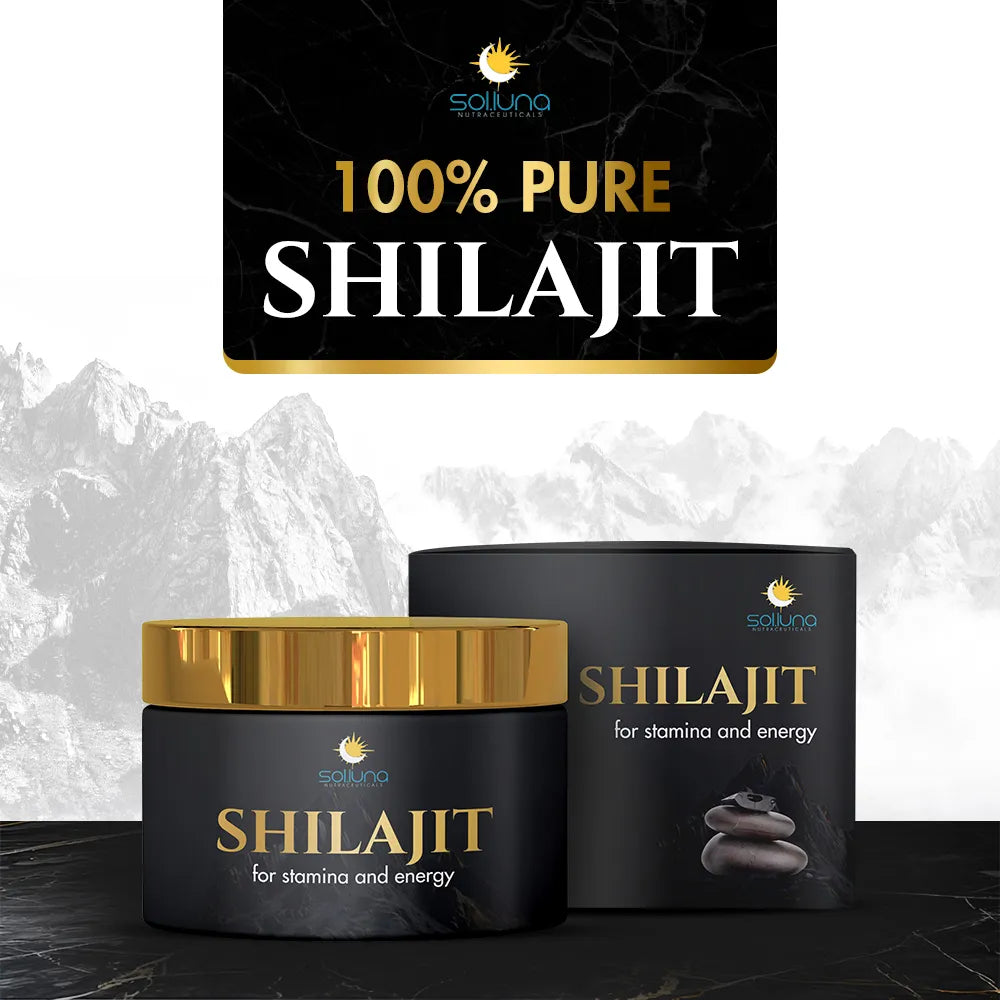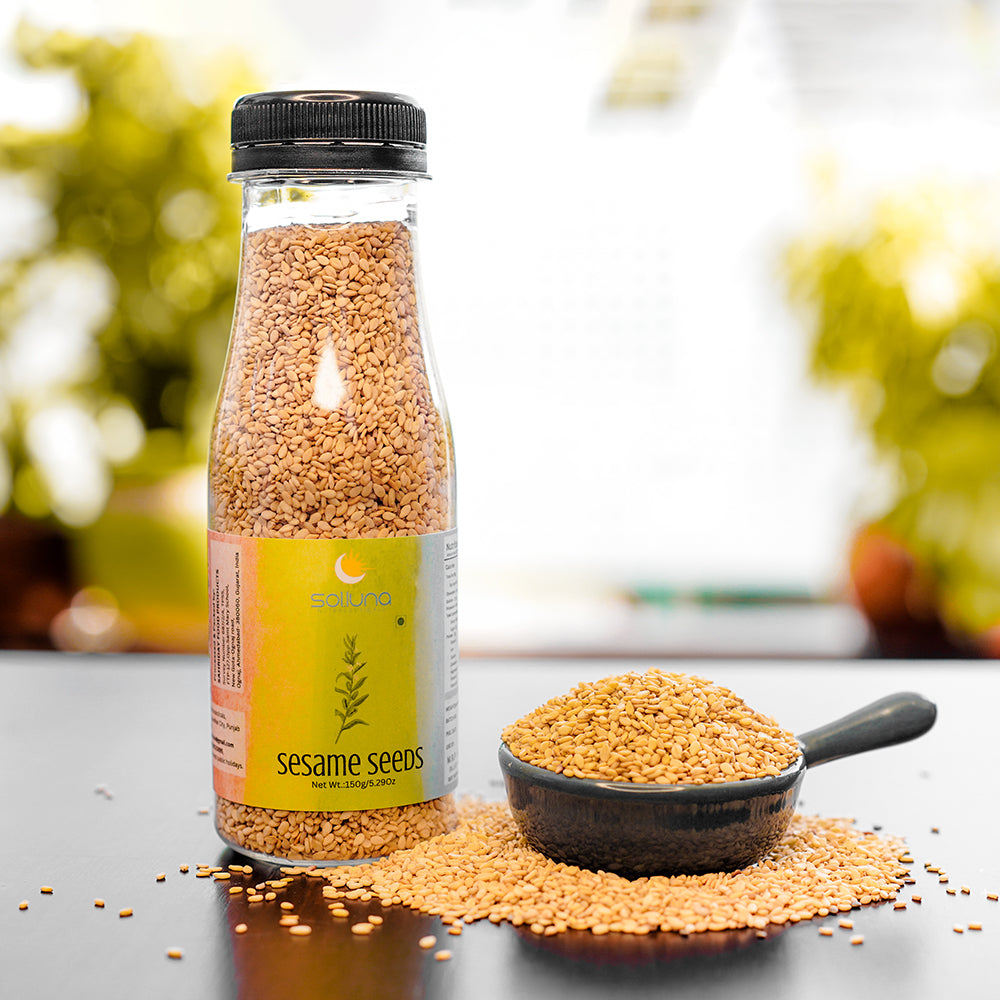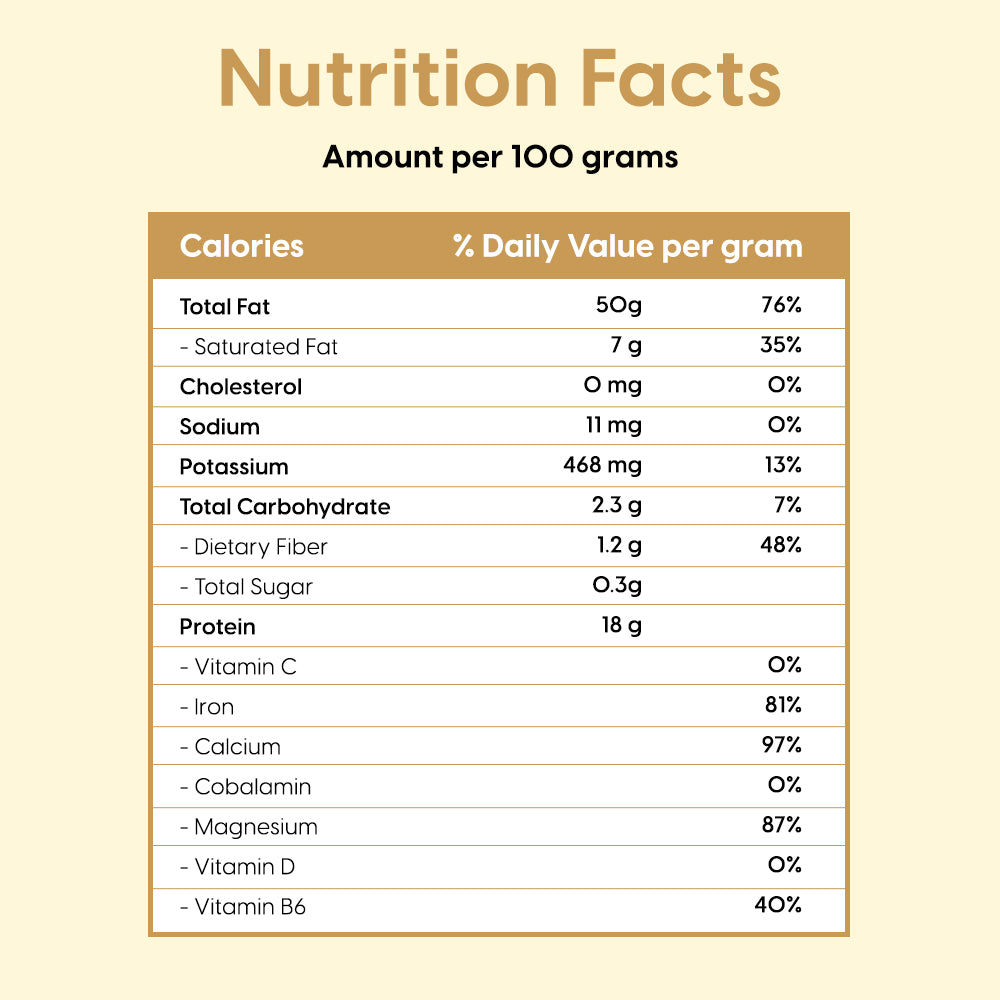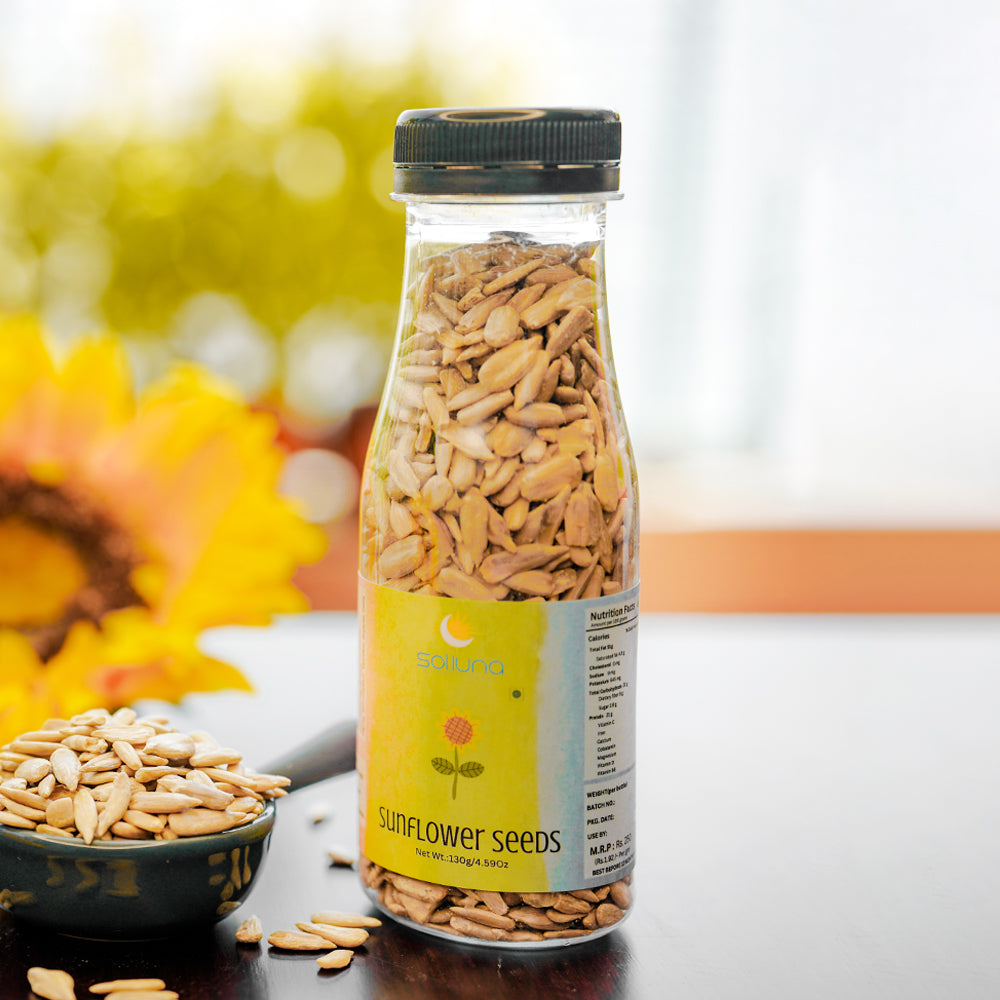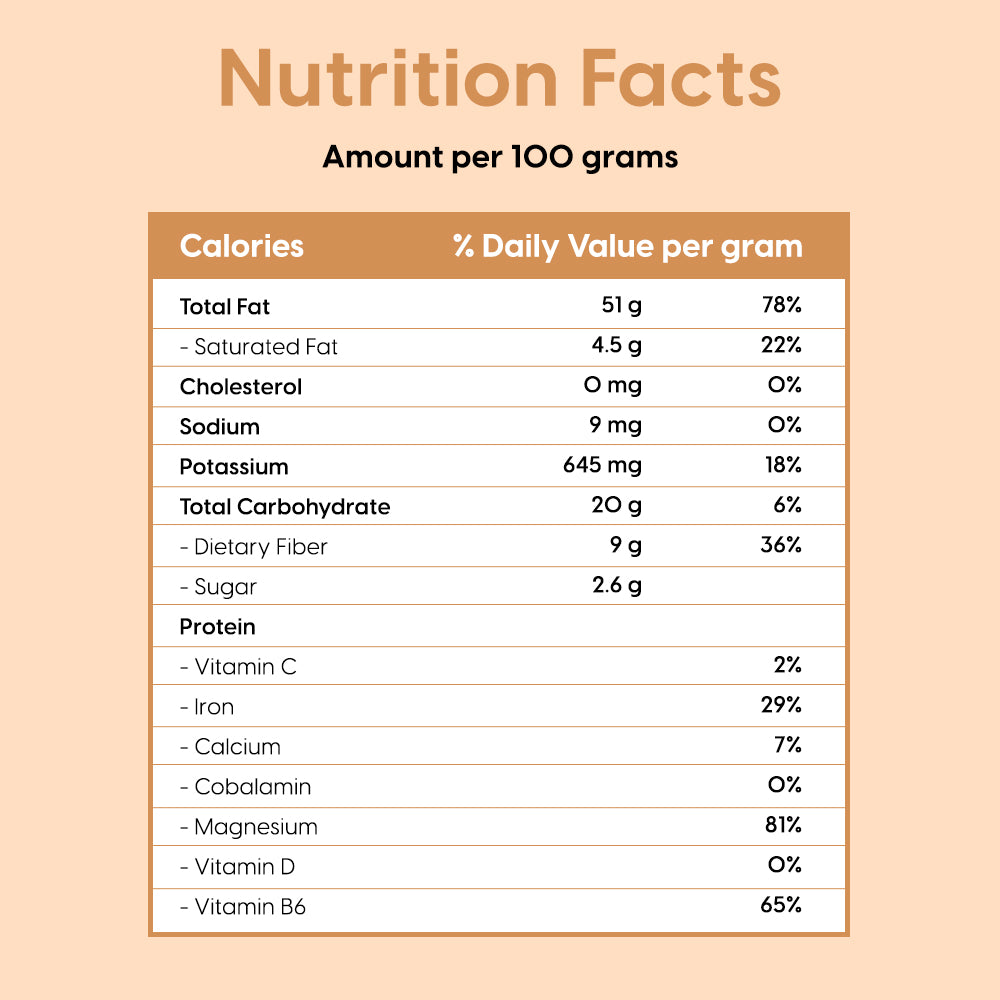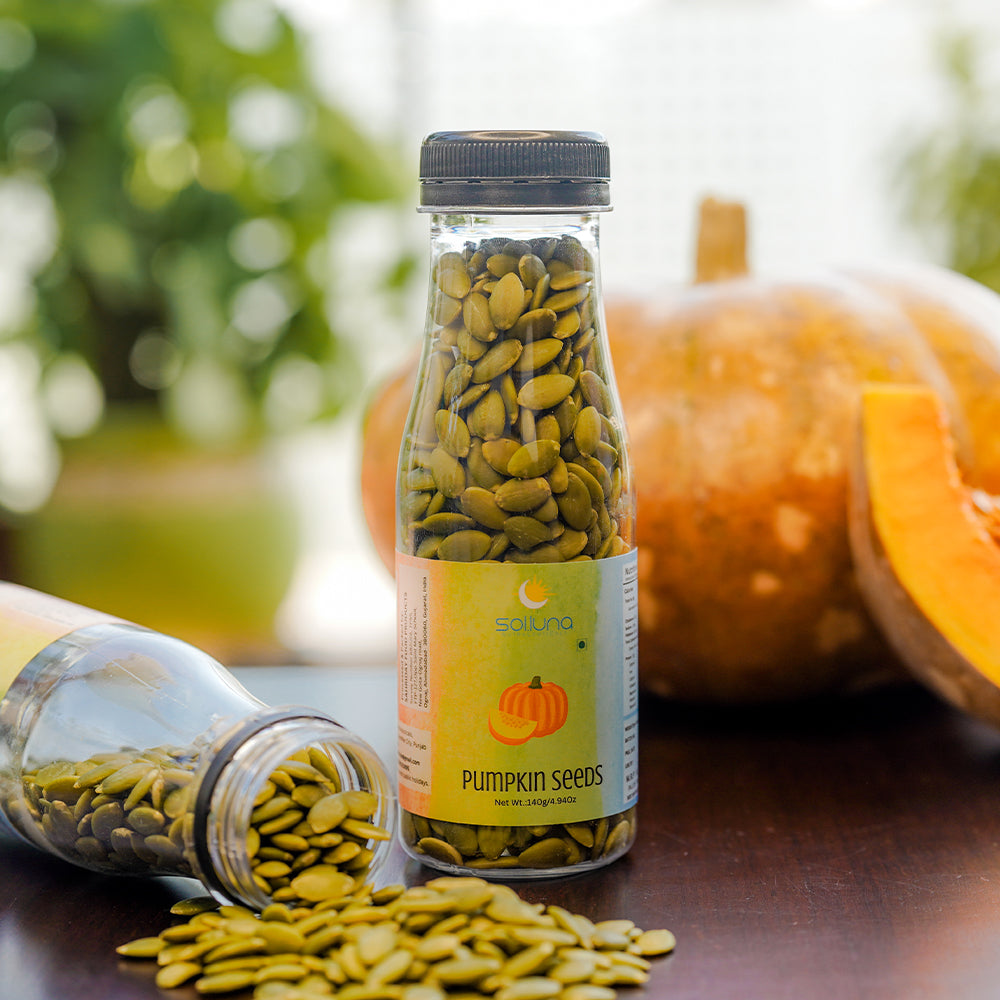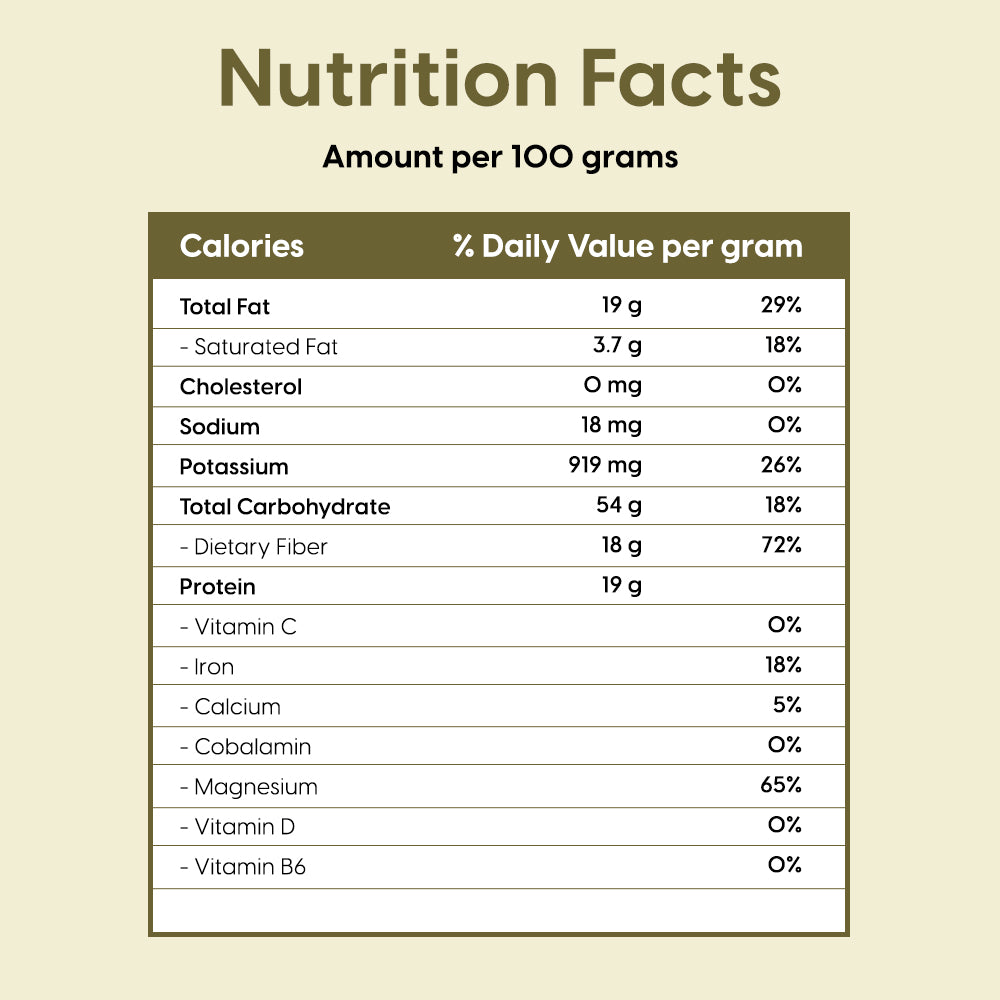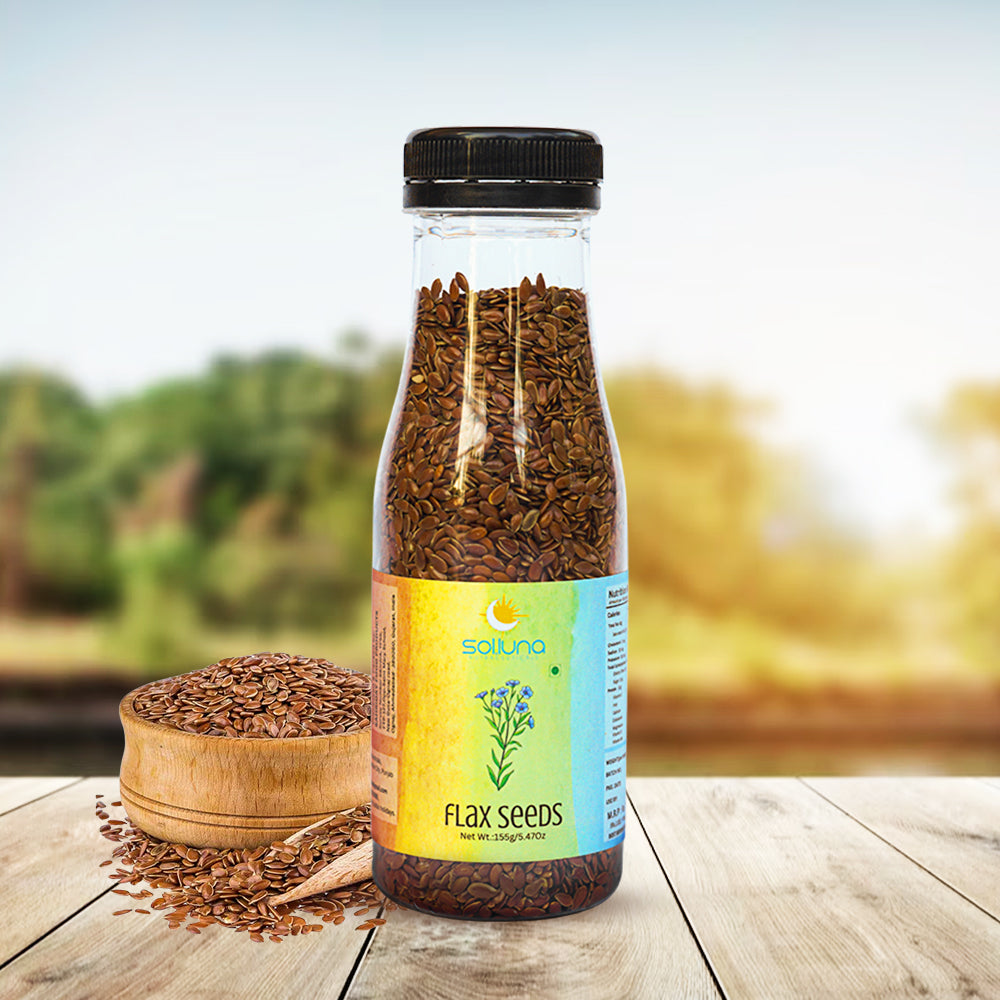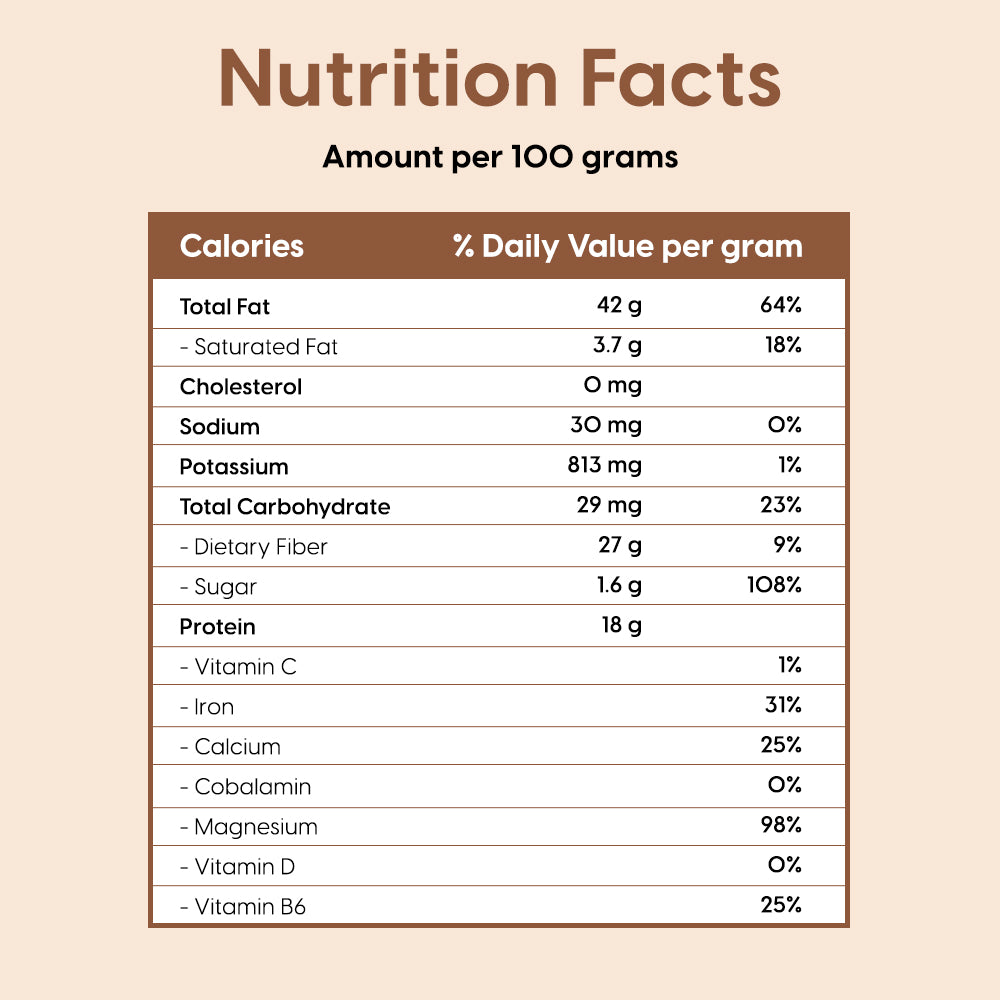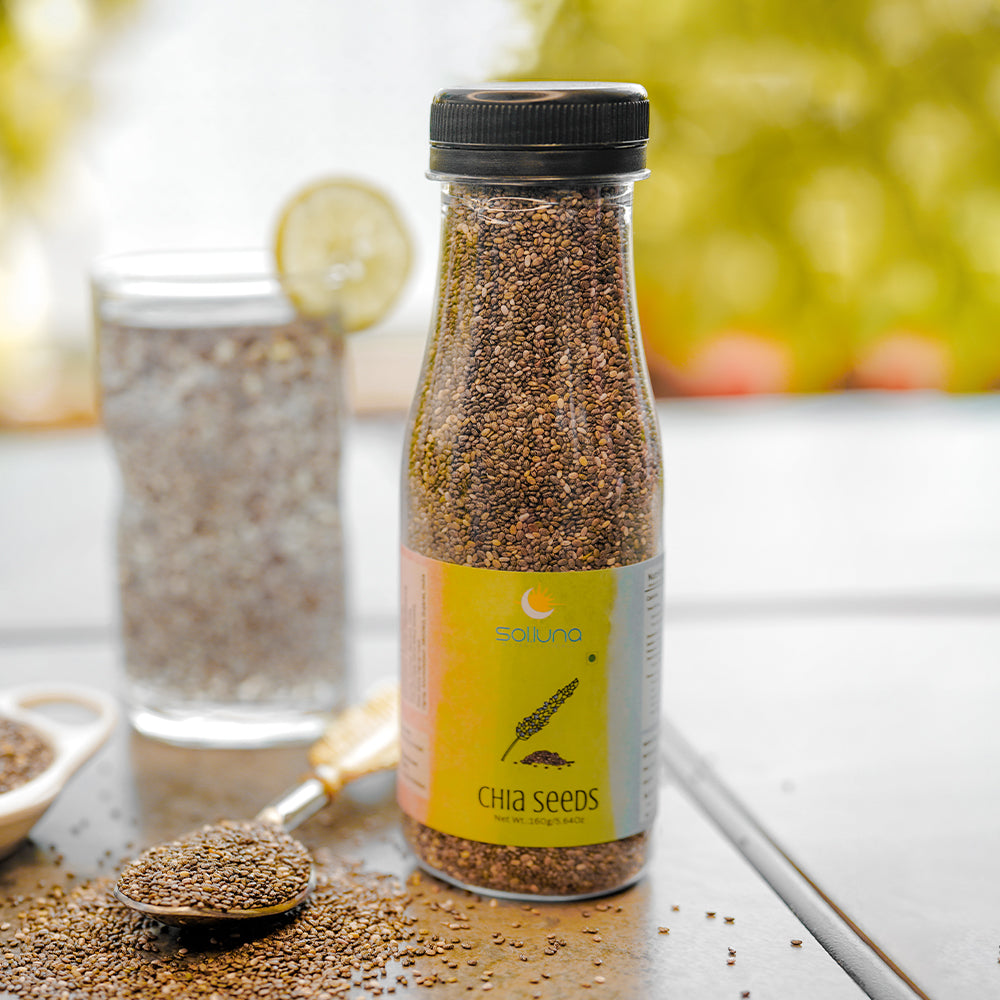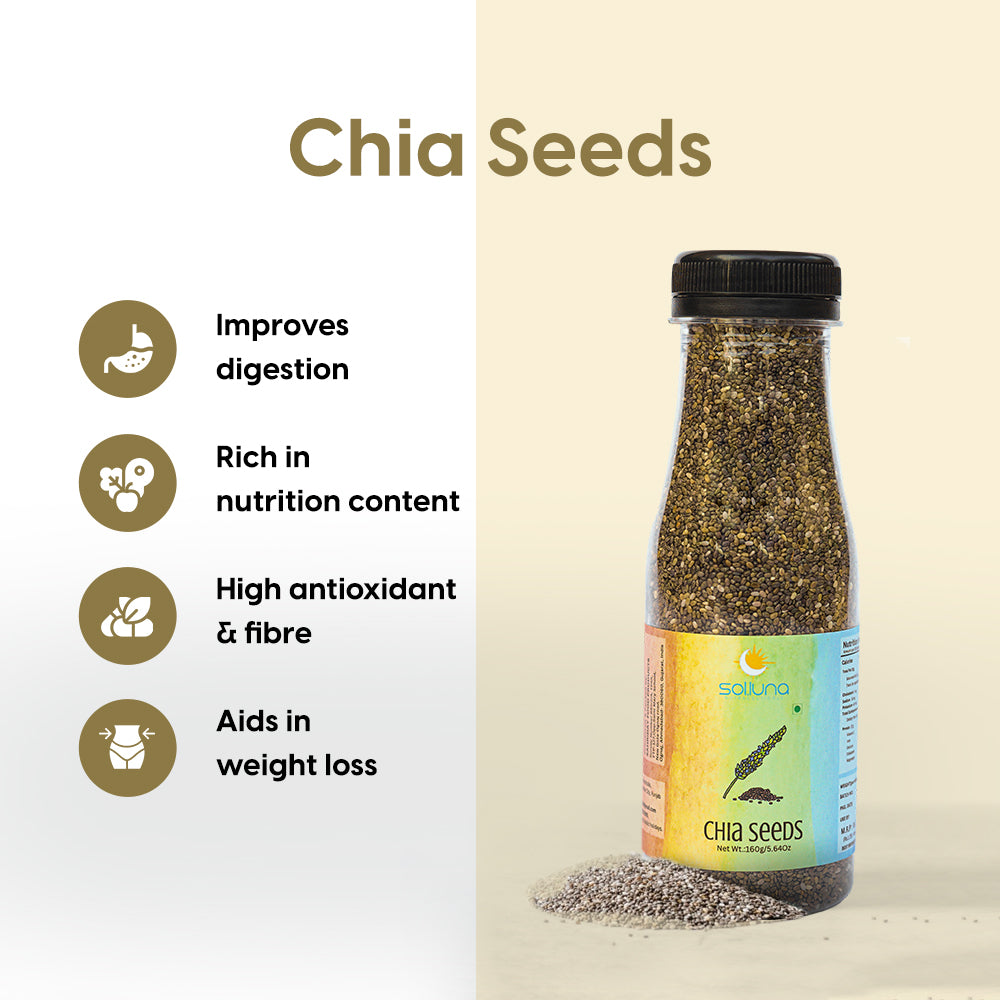
The Best Diet for Menopause: Insights from Expert Nutritionists

Menopause is a natural phase in a woman’s life, marked by the cessation of menstrual cycles and a host of hormonal changes that can affect overall health. Symptoms such as hot flashes, mood swings, weight gain, and sleep disturbances are common, making many women wonder if their diet can help ease the transition.
According to our Best Nutritionist in Srinagar, the right diet can significantly improve well-being during menopause. This blog explores the best dietary approaches for managing menopause and maintaining long-term health.
Understanding Menopause and Its Nutritional Needs
Menopause typically occurs between the ages of 45 and 55, when estrogen levels decline. This hormonal shift impacts bone density, metabolism, heart health, and mood. Therefore, a menopause-friendly diet should address these challenges by focusing on nutrient-dense foods that support hormonal balance, bone health, and overall vitality.
Key Components of a Menopause-Friendly Diet
Bone health becomes a major concern during menopause due to a decline in estrogen, which helps maintain bone density. Nutritionists recommend increasing intake of calcium-rich foods such as dairy products, leafy greens, fortified plant milks, and tofu. Vitamin D, essential for calcium absorption, can be obtained from sunlight, fatty fish, and fortified foods. A supplement may also be advised for those with low levels.
Muscle mass tends to decline with age, and menopause can accelerate this process. Including high-quality protein sources such as lean meats, eggs, fish, legumes, and plant-based proteins like quinoa and lentils helps maintain muscle mass and strength. Aim for a protein-rich food at every meal.
Omega-3 fatty acids, found in fatty fish, flaxseeds, walnuts, and chia seeds, have anti-inflammatory properties and may help reduce the severity of menopausal symptoms such as hot flashes. Replacing saturated fats with healthy fats like olive oil and avocado supports heart health, which is particularly important during this stage.
Phytoestrogens are plant compounds that mimic estrogen in the body and may alleviate menopausal symptoms. Foods rich in phytoestrogens include soy products (tofu, tempeh, edamame), flaxseeds, chickpeas, and sesame seeds. While the effects of phytoestrogens vary among individuals, they can be a valuable addition to a menopause diet.
Dietary fiber promotes digestive health and helps regulate blood sugar levels, which can fluctuate during menopause. Whole grains, fruits, vegetables, and legumes are examples of high-fiber foods. They also help reduce cholesterol levels, contributing to improved cardiovascular health.
Hormonal changes can lead to dehydration and exacerbate symptoms like dry skin and fatigue. Drinking plenty of water and including hydrating foods such as cucumbers, watermelon, and soups can help.
- Added Sugars and Refined Carbs: These can cause blood sugar spikes and contribute to weight gain.
- Excessive Salt: High sodium intake can lead to bloating and elevate blood pressure, increasing the risk of heart disease.
- Caffeine and Alcohol: Both can trigger hot flashes and disrupt sleep in some women.
Meal Planning Tips from Nutritionists
- Balanced Meals: Make sure each meal has a combination of nutritious fats, protein, and complex carbs.
- Snacking Smart: Choose nutrient-dense snacks like nuts, seeds, yogurt, or a piece of fruit.
- Portion Control: Hormonal changes can slow metabolism, so be mindful of portion sizes.
- Mindful Eating: Pay close attention to your hunger cues and eat gently to avoid overeating.
Lifestyle Factors Complementing a Healthy Diet
A well-rounded approach to menopause management includes more than just diet:
- Regular Exercise: Strength training and weight-bearing exercises can help maintain bone density and muscle mass.
- Stress Management: Practices like yoga, meditation, and deep breathing can alleviate mood swings and improve overall well-being.
- Sleep Hygiene: Prioritize quality sleep by maintaining a consistent bedtime routine and creating a restful environment.
Consulting with a Nutritionist
Every woman's menopausal experience is unique, and her nutritional demands may differ. Consulting the Best Nutritionist in Srinagar can provide personalized guidance tailored to your health profile and preferences. For example, if you have specific dietary restrictions or medical conditions like osteoporosis or cardiovascular issues, a nutritionist can design a plan that addresses these concerns while easing menopausal symptoms.
Conclusion
While there isn’t a one-size-fits-all “best diet” for menopause, focusing on nutrient-rich foods and making thoughtful dietary choices can greatly enhance quality of life during this transition. By including calcium, vitamin D, protein, healthy fats, and fiber while limiting processed foods and adopting a holistic lifestyle, women can navigate menopause with improved energy, health, and confidence. For optimal results, seek advice from a qualified nutritionist to create a plan tailored to your needs.






